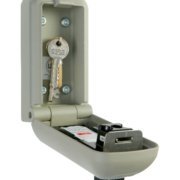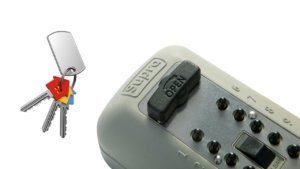Furnished Holiday Letting rules with us a little longer. We are always looking for interesting snippets of relevant information to bring to our holiday home insurance clients. This extract is from our own accountants, Stevens & Willey and featured in their Summer 2010 newsletter.
The favourable Furnished Holiday Lettings tax rules are to be with us until April 2011 at least. Rather than continue with the withdrawal of the rules proposed by the previous Government, the Chancellor has cancelled the proposals.
However, the Government is to publish a consultation document over the summer about plans to change the tax treatment of furnished holiday let property from April 2011. The consultation will look at issues that:
- ensure the Furnished Holiday Letting rules apply equally to properties wherever they are in the European Economic Area:
- increase the number of days that qualifying properties have to be available for, and actually let as, commercial holiday letting; and
- change the way in which Furnished Holiday Letting loss relief is given.
We will know more about future changes as the consultation progresses. In the meantime there are a few things to remember:
- Holiday accommodation in the European Economic Area that meets the conditions can be classed as a Furnished Holiday Letting, and perhaps save you tax. The conditions include the property being actually let for at least 70 days a year and not more than a continuous period of 31 days to the same tenant.
- Losses arising from Furnished Holiday Lettings can be set against other income.
- Should the property be sold then it may be possible to
- roll over the gain into a further property or business asset, or
- reduce the gain by entrepreneurs relief
If you have any queries about your own circumstances or the changes, speak to your tax adviser or accountant.







